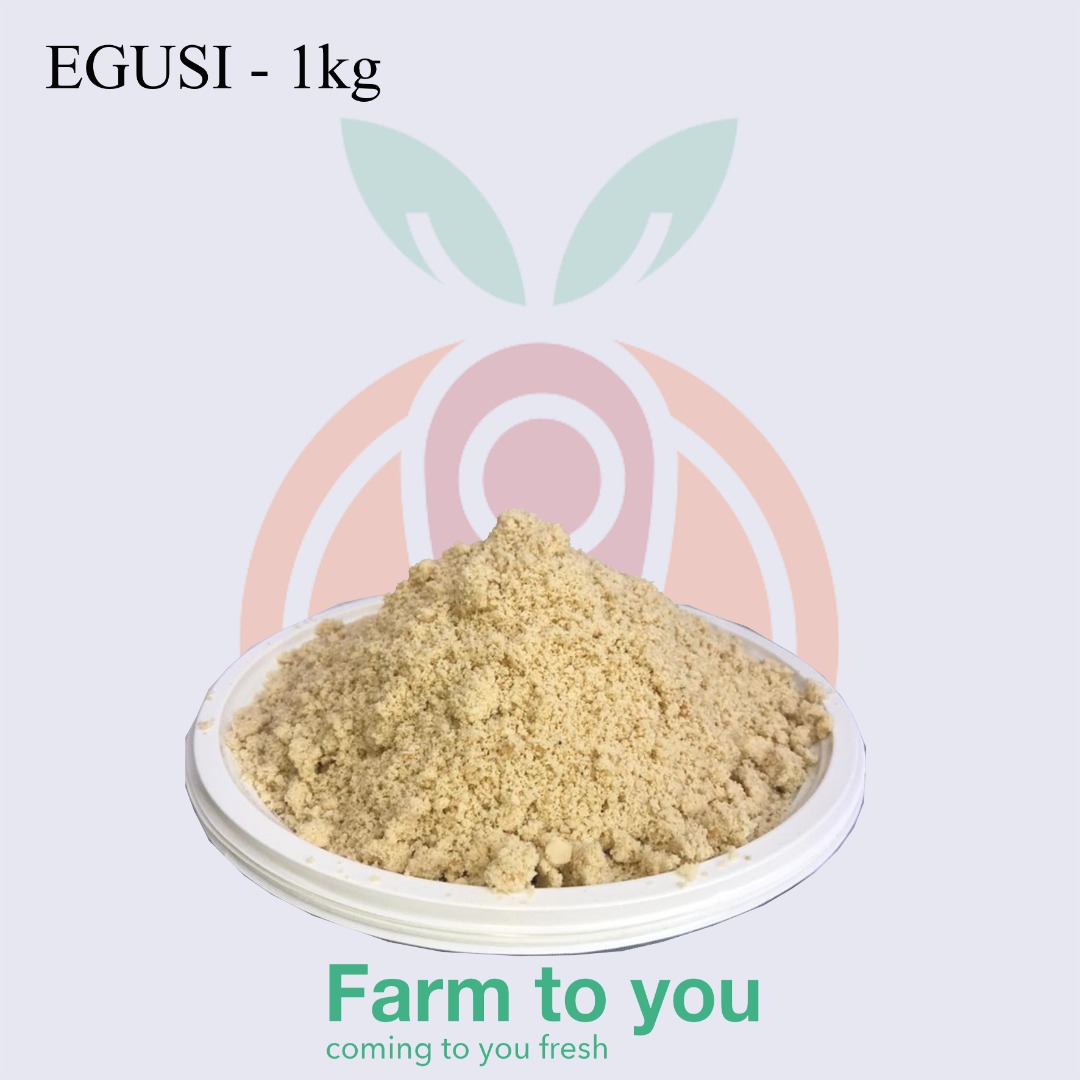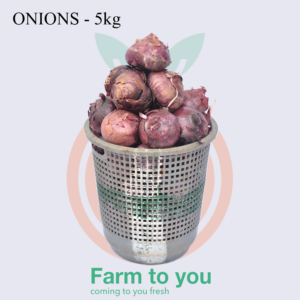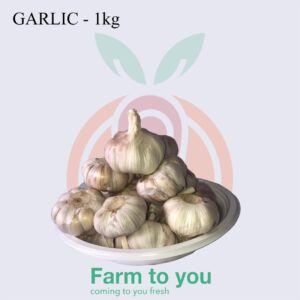Food Items, Veggies
Egusi
₦2,500.00
Egusi is a popular ingredient in West African cuisine, particularly in countries like Nigeria, Ghana, and Cameroon. It is known for its distinctive flavor and versatility in various traditional dishes.
Egusi is a popular ingredient in West African cuisine, particularly in countries like Nigeria, Ghana, and Cameroon. It is known for its distinctive flavor and versatility in various traditional dishes. Here are some key points about egusi:
Characteristics
- Seeds: Egusi refers to the seeds of certain plants like melons, gourds, and squash. These seeds are dried and ground into a powder or paste.
- Appearance: The seeds are small, flat, and typically white or off-white.
- Flavor: Egusi has a nutty flavor, which adds richness to dishes.
Nutritional Value
- Protein: High in protein, making it a valuable ingredient for plant-based diets.
- Fats: Rich in healthy fats, particularly unsaturated fats.
- Vitamins and Minerals: Contains vitamins A, B1, B2, and C, as well as minerals like magnesium, potassium, and zinc.
- Fiber: Good source of dietary fiber, aiding in digestion.
Health Benefits
- Energy: Provides a high-energy content due to its fat and protein content.
- Muscle Health: Protein supports muscle repair and growth.
- Heart Health: Healthy fats can contribute to heart health.
- Immune System: Vitamins and minerals help boost the immune system.
Culinary Uses
- Egusi Soup: The most common use, often cooked with vegetables, meat, or fish. It is thickened with ground egusi seeds and can include ingredients like spinach, bitter leaf, pumpkin leaves, or okra.
- Stews and Sauces: Added to stews and sauces to enhance flavor and texture.
- Fufu or Pounded Yam: Often served with starchy sides like fufu, pounded yam, or rice.
- Baking: In some cultures, egusi is used in baking or added to bread and cakes.
Preparation
- Grinding: The seeds are typically ground into a fine powder or paste before use.
- Cooking: Can be sautéed with onions and spices before being added to soups or stews to release its flavor.
Growing Conditions
- Climate: Grows well in warm, tropical climates.
- Soil: Prefers well-drained, fertile soil.
- Watering: Requires consistent moisture, particularly during germination and early growth.
Storage
- Seeds: Dried seeds should be stored in an airtight container in a cool, dry place to prevent spoilage.
- Ground Egusi: Ground seeds should be used relatively quickly or stored in the refrigerator or freezer to maintain freshness.
Cultural Significance
- Traditional Dishes: Egusi is a staple ingredient in many traditional West African dishes and is often associated with celebrations and communal meals.
- Festivals and Ceremonies: Used in various cultural festivals and ceremonies, reflecting its importance in the region’s culinary heritage.
| Weight | 1kg, 500g |
|---|
You must be logged in to post a review.






Reviews
There are no reviews yet.